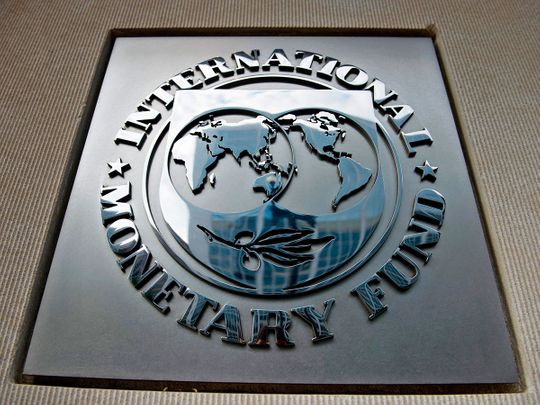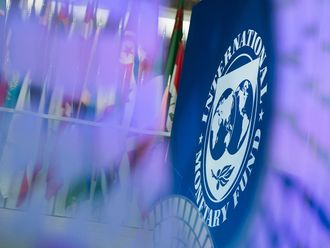
Buenos Aires: The International Monetary Fund approved the second review of Argentina’s $44 billion program, passing a key hurdle even as Managing Director Kristalina Georgieva warned the government against creating multiple exchange rates.
The IMF’s executive board granted a disbursement of about $3.8 billion, which will cover upcoming payments Argentina owes the institution from a previous program that failed to stabilize the economy.
The board also approved two waivers, something it hadn’t done with Argentina since the previous government secured a record IMF loan in 2018. The first waiver was a technical issue because the Argentine government hasn’t yet published fiscal data through September that the board needed to review. Those figures will arrive later in October, according to IMF officials who spoke on background.
The second waiver stems from a key policy implemented by Economy Minister Sergio Massa. He created a temporary exchange rate for soybean exporters in September to boost exports and build up cash reserves. Countries with IMF programs must seek waivers for “multiple currency practices.” The board approved the waiver since the exchange rate only lasted for a few weeks, according to IMF officials.
Georgieva, who applauded some of Massa’s “decisive” measures, cautioned against creative currency policy.
“While targeted FX measures can temporarily support the balance of payments, they are not a substitute for sound macroeconomic policy,” Georgieva said in a statement Friday. “As such, exchange restrictions and multiple currency practices should be unwound as conditions permit and reserve coverage strengthens.”
Argentina met a key target in the program through September on net accumulation of central bank reserves. The IMF had revised down the target for reserve accumulation to $5 billion for this year, down from the $5.8 billion set in March and $5.4 billion in the first review.
The government is now expected to accumulate $4.8 billion in 2023, with most of that occurring in the first-half of the year through crop harvest and commodity exports.
Inflation is projected to reach 95 per cent by the end of this year, according to the IMF officials. Economists surveyed by the central bank see prices rising 100 per cent over that period.












